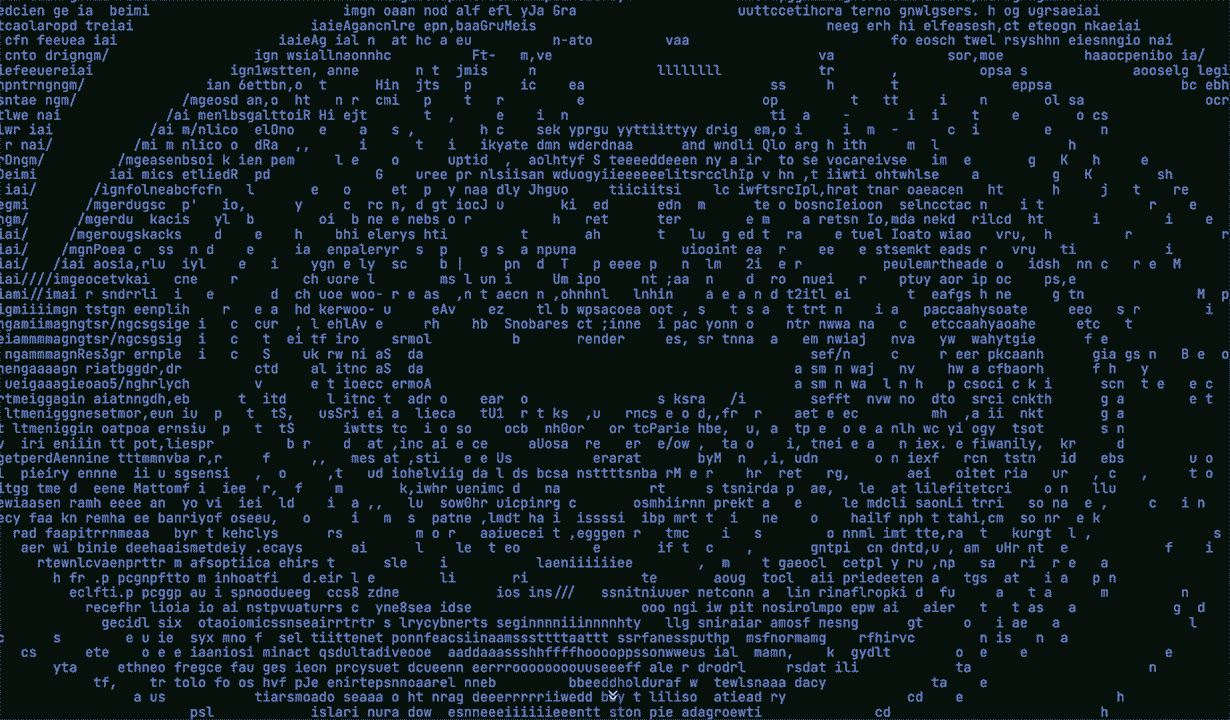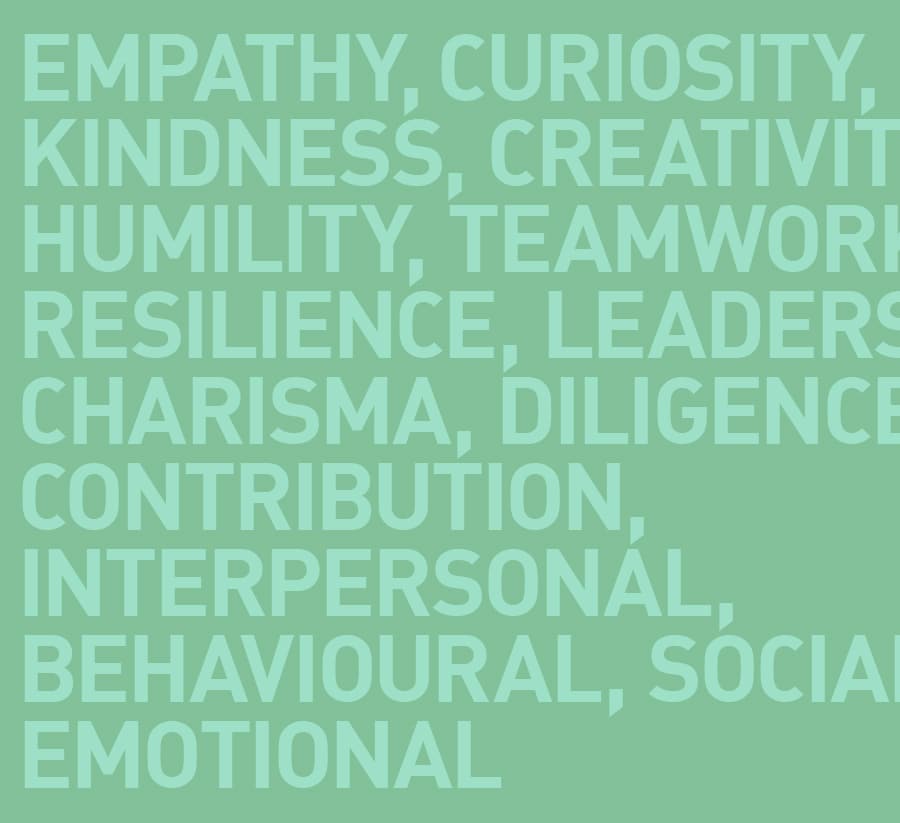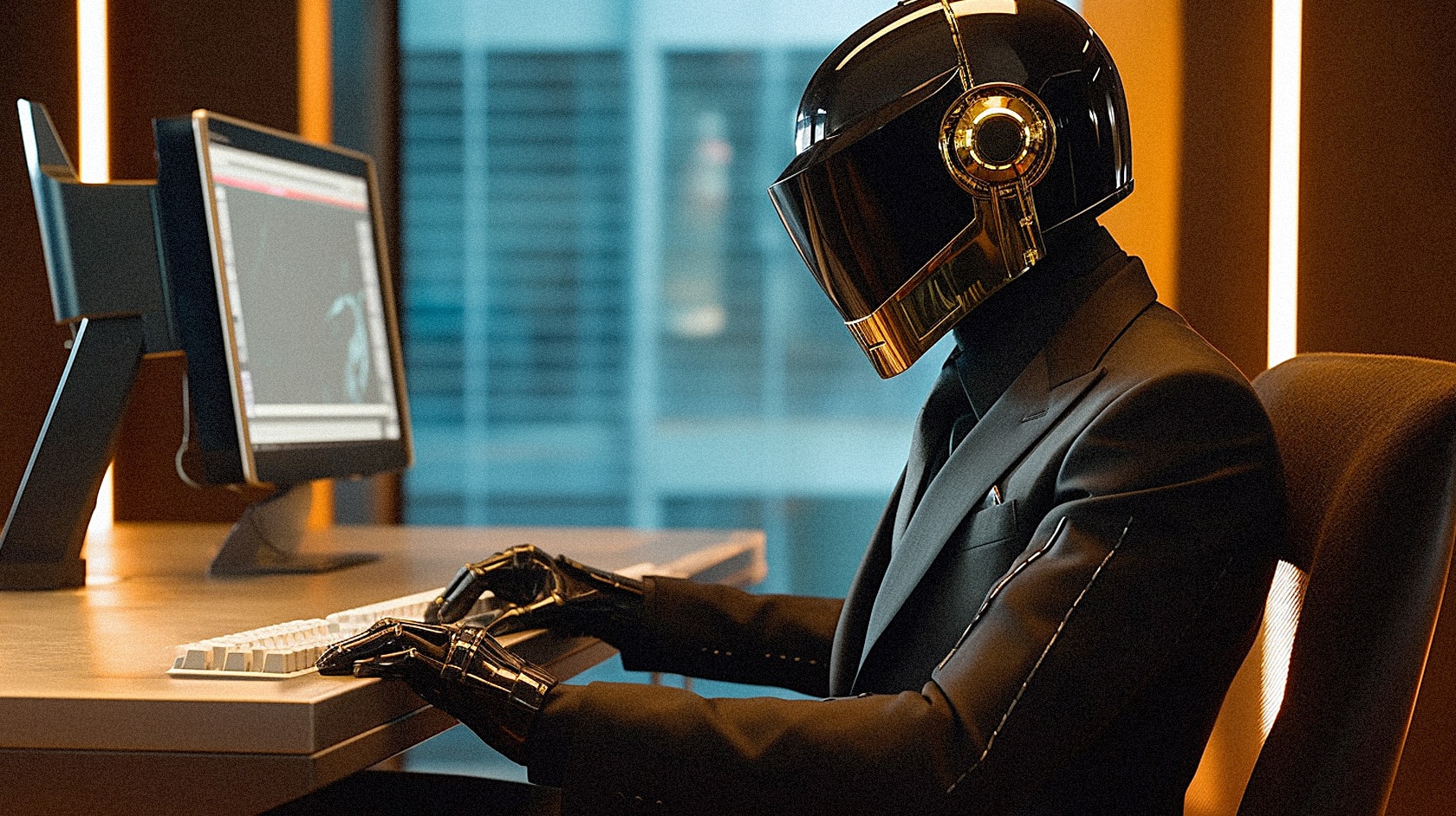Are robots coming for our jobs, or are they here already? And who’s actually writing this blog post anyway…
There’s a lot to unpack lately, and as AI accelerates, the lines between humans and robots are becoming increasingly blurred.


The rapid evolution of artificial intelligence (AI) has prompted questions about its potential to disrupt the design industry and replace human designers.
In 2013, Oxford University economist Dr. Carl Benedikt Frey famously estimated that ‘nearly half of all US jobs could be replaced by AI’. While a recent Pew Research Center survey found that ‘62% of Americans believe AI will have a major impact on jobholders within the next 20 years’, with 28 percent believing it will affect them personally.
However, AI is more likely to cause job polarisation, meaning we’ll still have low-skilled and high-skilled jobs, but middle-skilled jobs may decline due to automation.
A recent Business Insider article consulted with experts and conducted research to compile a list of jobs that are at highest-risk for replacement by AI. This included Tech jobs (Coders, computer programmers, software engineers, data analysts), Media jobs (advertising, content creation, technical writing, journalism) and frequently cited creative roles such as Graphic Designers.
But before you start asking AI which industries are safe from AI, there’s some good news for designers and creatives. While AI can efficiently handle repetitive tasks, it still struggles to perform tasks that require creativity, critical thinking, and social intelligence.
Human designers possess creativity, empathy, and a deep understanding of context, which are crucial to developing meaningful designs. But we may need to reframe our understanding of these so-called soft skills or human-centric qualities.
As HR Consultant and Leadership Coach Shelly Johnson states as her ‘pet peeves’ ‘Human skills are often considered personality traits rather than skills – traits you are born with as opposed to learned — but human-centred skills can be learnt and developed.’
The future of design likely involves a synergistic relationship between AI and human designers, with AI handling repetitive tasks and designers focusing on the unique and innovative elements of projects. By embracing AI as a useful tool rather than a threat, designers can increase efficiency and productivity, freeing up more time to focus on more strategic and creative aspects of work.

Reframing the mindset from ‘victims of AI’ to ‘stewards of powerful AI tools’ is essential for designers to thrive in this new landscape. As Iavor Bojinov from Harvard Business School points out, by ‘automating numerous routine tasks’ generative AI will ‘enable knowledge workers to concentrate on value-adding activities where human expertise is indispensable, such as interpreting context and nuance, exercising emotional intelligence, addressing moral and ethical considerations, and fostering creativity and innovation.”
Bojinov also highlights the importance of ‘Individuals who embrace AI to enhance their productivity, potentially yielding substantial gains, and those who resist AI and risk falling behind. The latter group will likely face replacement by their AI-empowered counterparts.’
AI will not replace you.
A designer using AI will.
To stay relevant and competitive, designers need to adapt to technological changes and upskill, focusing on mastering new tools and techniques that complement their existing skill sets. Continuous learning and developing skills that are less susceptible to automation, like emotional intelligence and complex problem-solving, are essential for job security.
Dr. Carl Benedikt Frey has since softened his earlier stance, claiming recently to Business Insider that AI-tools like ChatGPT may actually help workers in creative industries like art and graphic design produce higher-quality work. Frey is now more concerned about how the tech will impact wages, stating, ‘In my view, it’s less about automation. It’s more about democratization and competition, potentially leading to lower wages for people in some of these professions.’
So maybe those carefully honed hard and soft creative skills are not all in vain. As Yale computer scientist David Gelernter reassured readers in a recently in The Washington Post – AI is not a threat to our humanity ‘Just look at all the things AI can’t do. It can’t feel, can’t understand, can’t be conscious — and it won’t, ever.’Luke Heilbuth, CEO at BWD Strategic, echoes this sentiment on LinkedIn, ‘Humans will value the counsel and compassion of other humans more than ever in a labour market dominated by machines. We ‘win’ in the exponential age by becoming more human.’
